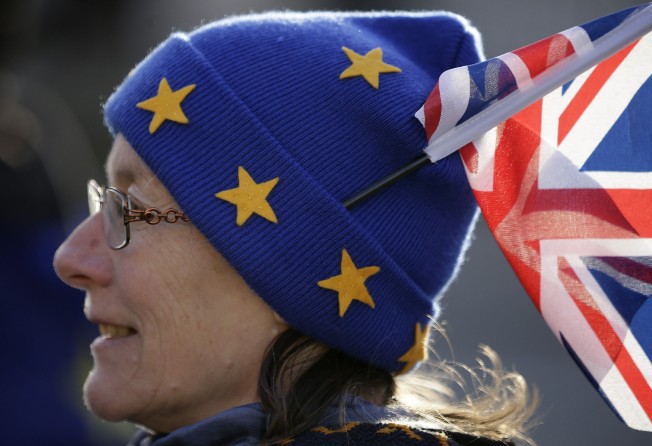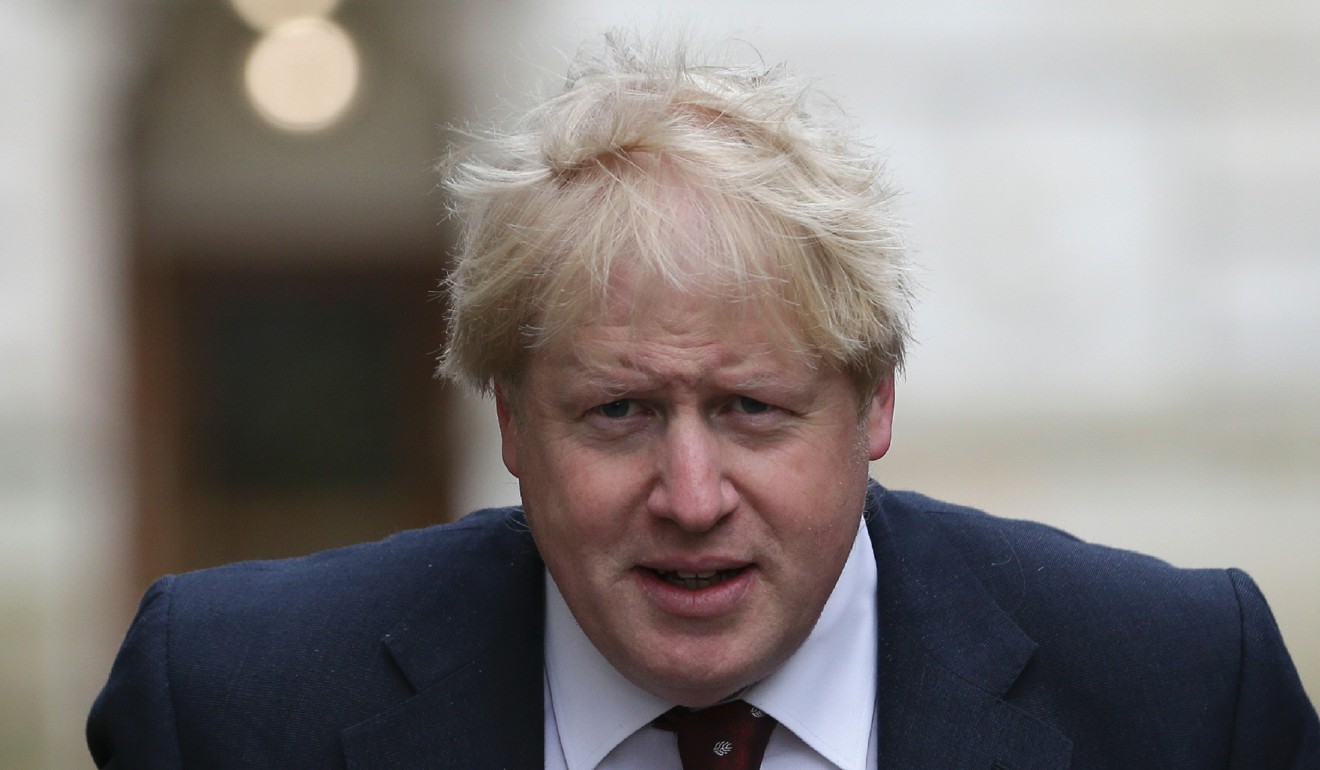Brexit Britain is living in a fantasy world
The political and economic cost of Brexit-induced uncertainty is already high. Unfortunately, there is little to suggest that it will not rise further as D-Day approaches

In little over a year’s time – 11pm GMT on March 29, 2019, to be precise – Britain will leave the European Union.
While pro-European forces are still seeking to reverse, or at least challenge, the outcome of the 2016 referendum in which Britons unexpectedly voted to leave the bloc, there is no indication that the pro-Brexit Conservative government of premier Theresa May is willing to defy the result of the plebiscite by keeping Britain in the EU’s single market (the mainstay of European integration), access to which requires acceptance of freedoms and rules which May’s government reject.
There is also scant evidence of a significant shift in public opinion on Brexit since the referendum was held. Although there is some degree of buyer’s remorse, the Leave camp – which won the vote by 52 per cent to 48 per cent – remains united and has become more intransigent over the past two years, so much so that Britain has become a deeply polarised, unruly and ungovernable country which, a year after invoking the EU’s Article 50 divorce clause, has yet to come up with a coherent and credible plan to sever its ties to its most important trading bloc.
Brexit Britain has gone from being a nation once famed for its stable and pragmatic parliamentary democracy to a country that at war with itself. The centre ground of British politics has given way to the extreme left, represented by Jeremy Corbyn, the leader of the opposition Labour Party, and the nationalist right, now occupied by most members of May’s Conservative party.
Even before the UK leaves the EU, the price of Brexit is plain to see.
Britain’s economy, which in 2016 still managed to post the fastest growth rate in the G7 group of advanced economies, is wilting. According to the Organisation for Economic Cooperation and Development’s latest forecasts, published on Tuesday, the UK will be the worst performing economy in the G20 group of developed and developing nations in 2018 and 2019. This is mostly attributable to the uncertainty stemming from Brexit, the OECD notes.
Indeed the UK government itself, in an analysis of the impact of Brexit made public earlier this month, concedes that Britain will be worse off outside the EU under every scenario modelled, including a “soft” Brexit in which the UK would retain access to the single market.
Business groups and financial investors are becoming more concerned with each passing day.
On Monday, the head of the Confederation for British Industry, Britain’s largest employers’ organisation, warned that the combination of the “hard” Brexit approach pursued by May’s government and the anti-business policies of the Labour Party, which include plans to renationalise utilities, was causing serious harm to Britain’s reputation. “Every day, I’m hearing of potential investors in this country reaching for their coats,” said Paul Drechsler, the head of the CBI.

According to a monthly fund manager survey published by Bank of America Merrill Lynch, UK equities have become the world’s least popular asset class, even less attractive than the battered dollar. The FTSE 100, Britain’s main stock market index, has been one of the worst performing equity markets since the referendum, delivering returns of just 17 per cent compared with gains of 40 per cent and nearly 30 per cent for German and emerging-market equities.
While the cheaper valuations of UK stocks ought to present contrarian investors with a buying opportunity, the mounting disarray in British politics and, just as worryingly, increasing acrimony in the divorce negotiations between May’s government and the EU suggest sentiment is likely to remain bearish – and with good reason.
It is deplorable that just seven months from the date set by the EU for negotiations to be wrapped up, May has yet to acknowledge the inevitable sacrifices the UK needs to make in terms of accessing EU markets given the government’s pledge to take Britain out of both the customs union and the single market.
The UK has been living in a fantasy world since the referendum, and is still pursuing a “have our cake it and eat it” Brexit, the phrase used by foreign secretary Boris Johnson, the leading Brexiter in May’s cabinet.
The longer the government refuses to face the consequences of its hard Brexit strategy, the greater the risk of a messy divorce in which Britain exits the EU on deeply unfavourable terms.
The political and economic cost of Brexit-induced uncertainty is already high. Unfortunately, there is little to suggest that it will not rise further as D-Day approaches.
Nicholas Spiro is a partner at Lauressa Advisory